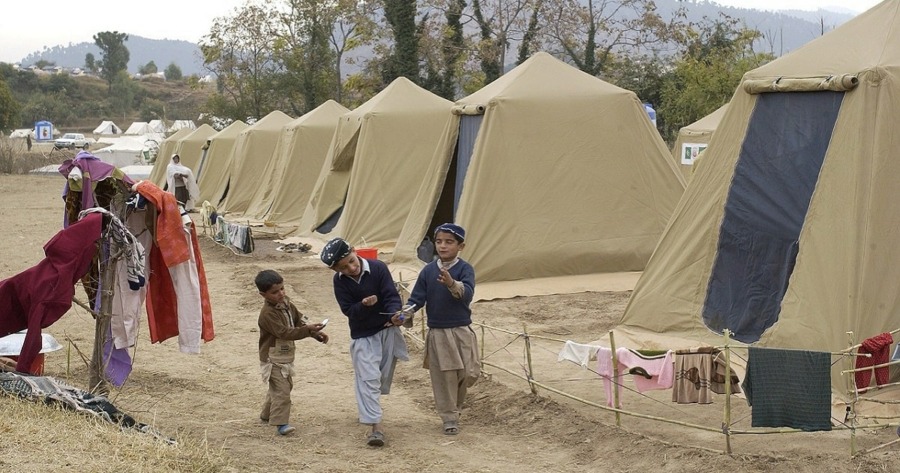Over 110 Million Displaced: The Alarming Doubling of Displaced People
- Kingston Bailey
- Africa
- Middle East
- Trending
- June 15, 2023

The world is witnessing a devastating surge in global displacement, with displaced people increasing and doubling over the past decade. Jan Egeland, the Secretary General of the Norwegian Refugee Council, laments the inaction and inadequate protection provided to those affected by conflict and violence. The failure to prevent war and resolve protracted emergencies has led to this grim reality. The latest global displacement figures indicate that displaced individuals have likely surpassed 110 million, with conflicts in countries like Burkina Faso and Sudan intensifying alarmingly. As older conflicts simmer beneath the surface, the potential for further waves of displacement and human suffering looms large unless decisive political action is taken.
Among the displaced population, six out of ten individuals remain within their country of origin, often lacking safe havens and viable pathways to seek protection. Ethiopia is a harrowing example, where more than two million people have been internally displaced due to the deadliest conflict of 2022. This stark reality highlights the urgent need for effective measures to ensure the safety and well-being of civilians within their communities. It is imperative that society acknowledges the plight of internally displaced persons and takes concerted action to address their vulnerabilities.
The exponential increase in displaced individuals raises significant concerns for society, global conflict dynamics, and the overall well-being of humanity. When people are forcibly uprooted from their homes, their lives are destabilized, and they are exposed to numerous risks, including violence, exploitation, and deprivation of necessities. The ripple effects of displacement are far-reaching, straining host communities, exacerbating social tensions, and impeding development efforts.
Furthermore, the inability to protect civilians within their homes signals a failure of global humanitarian response systems. It is a distressing indictment of the international community’s limited capacity to prevent and mitigate conflicts effectively. The consequences of displacement go beyond mere statistics; they represent the suffering of millions of individuals, families, and communities worldwide.
To address this escalating crisis, several key actions must be taken. First and foremost, peace diplomacy must be reactivated and prioritized. Conflicts need to be resolved through diplomatic channels, focusing on preventing violence and protecting vulnerable populations.
Additionally, donor countries must step up their financial support to humanitarian organizations working tirelessly to alleviate human suffering. Adequate funding is crucial for providing displaced individuals with essential aid, shelter, healthcare, and education.
Moreover, amplifying the voices of those directly affected by displacement is imperative. Their stories must be told on the front pages, highlighting their struggles, resilience, and aspirations. By amplifying their voices, societies can foster empathy, understanding, and greater support for sustainable solutions.
The exponential increase in global displacement is an undeniable reflection of a dark decade marked by conflict, violence, and insufficient protection for vulnerable populations. The number of displaced individuals has likely surpassed 110 million, and urgent action is required to address this humanitarian crisis. Peace diplomacy, increased financial support, and amplifying the stories of those affected are crucial steps in mitigating the suffering and finding lasting solutions. It is time for society, global leaders, and humanity to recognize the gravity of the situation and commit to building a more compassionate and secure world for all.








